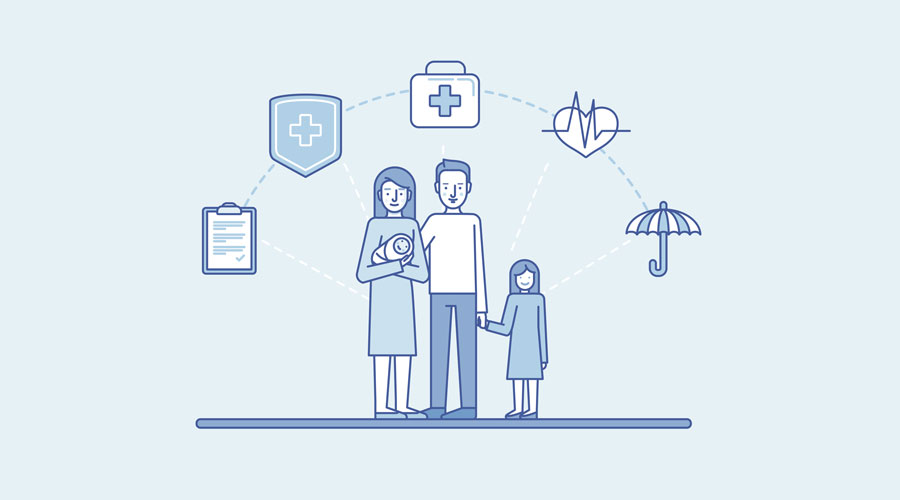As an independent community pharmacist, you’re likely constantly searching for new ways to improve your pharmacy.
One way to do this is by starting a new service, such as compounding, delivery, or immunizations. Pharmacy services are both profitable for pharmacies and beneficial for patients—but success rates can vary from pharmacy to pharmacy.
The new service you’re hoping to start could be a great idea, but it might not be the best fit for your business. If you don’t think through your idea before jumping in, you might waste your money and time on a weak program.
Here are seven questions to consider before you invest valuable time and resources in a new pharmacy service.
1. Is there a need for this service?
Will this service fill a need in your community, and will it have a patient base? Look at the demographics in your area to determine if there are enough diabetic people in your community to justify a diabetes education class, or enough seniors to invest in selling durable medical equipment products, for example.
Look at what your competitors are doing, too. If they’re already running a similar program, you need to have an idea of how yours will be different—and better. Will it be more affordable? More personal? Will it include more offerings? Considering all of these questions ahead of time will put your service on the path to success.
2. How will your patients benefit?
Think through how a new service can make your pharmacy better for your patients. For example, do your patients have a hard time getting to your pharmacy before you close? A delivery service might help accommodate them.
If a service won’t benefit your patients, then ultimately it won’t benefit your pharmacy. If you’re unsure about what patients would like, ask your current patients for feedback.
3. Can you afford the upfront costs?
Implementing a new service can be expensive. Calculate how much the new service will cost you beforehand, and what profits you can expect, to determine if you can afford it.
You don’t necessarily need cash on-hand to cover all the costs, but you need to have a line of credit available from your bank, or be confident that you can secure a loan.
4. How will you market the service?
If no one signs up for your new service, then you’re just wasting time and resources. Plan ahead of time for how you’ll market the service and to whom.
Thinking through a marketing strategy could also help you identify any problems with the service. For example, you might realize that the reach of your service is smaller than you originally thought, or that the benefits don’t translate well to patients.
5. How will you manage this new service day-to-day?
One of the biggest challenges of implementing a new service is incorporating it into your existing workflow. You need to be sure that you have the time and the staff to fit it in.
Consider different solutions for managing the new service. Maybe you’ll need to hire a new employee, or invest in technology to make your workflow more efficient. Know in advance how your pharmacy will manage day-to-day with this new service incorporated.
6. Is your team on-board?
If your employees aren’t excited about the new service, then it could be difficult to get it up and running. Talk with your staff members to address any questions or concerns they have, and make sure they’re committed to the service.
It’s also important to consider whether or not any additional training would be needed for you and your staff to perform the service. Make sure you have access to any courses or materials needed, and that your employees would be willing to participate.
7. Will this service move you closer to your goals?
It’s important that any new service is in line with the vision and goals you’ve established for your pharmacy. Think about where you see your pharmacy in the future, and if this service is—or could be—part of that vision.
For example, if your goal is to be the best provider of compounded medications in your state, then a series of nutrition workshops might not make sense as a part of your long-term vision. But if your classes cover drug-food interactions, and how the ingredients of your food and your medications can make a difference, it might be a good fit.
Don’t just jump blindly—invest in a new service that is sure to succeed. Ask yourself these questions to make sure you’re helping your patients, and helping your pharmacy.












